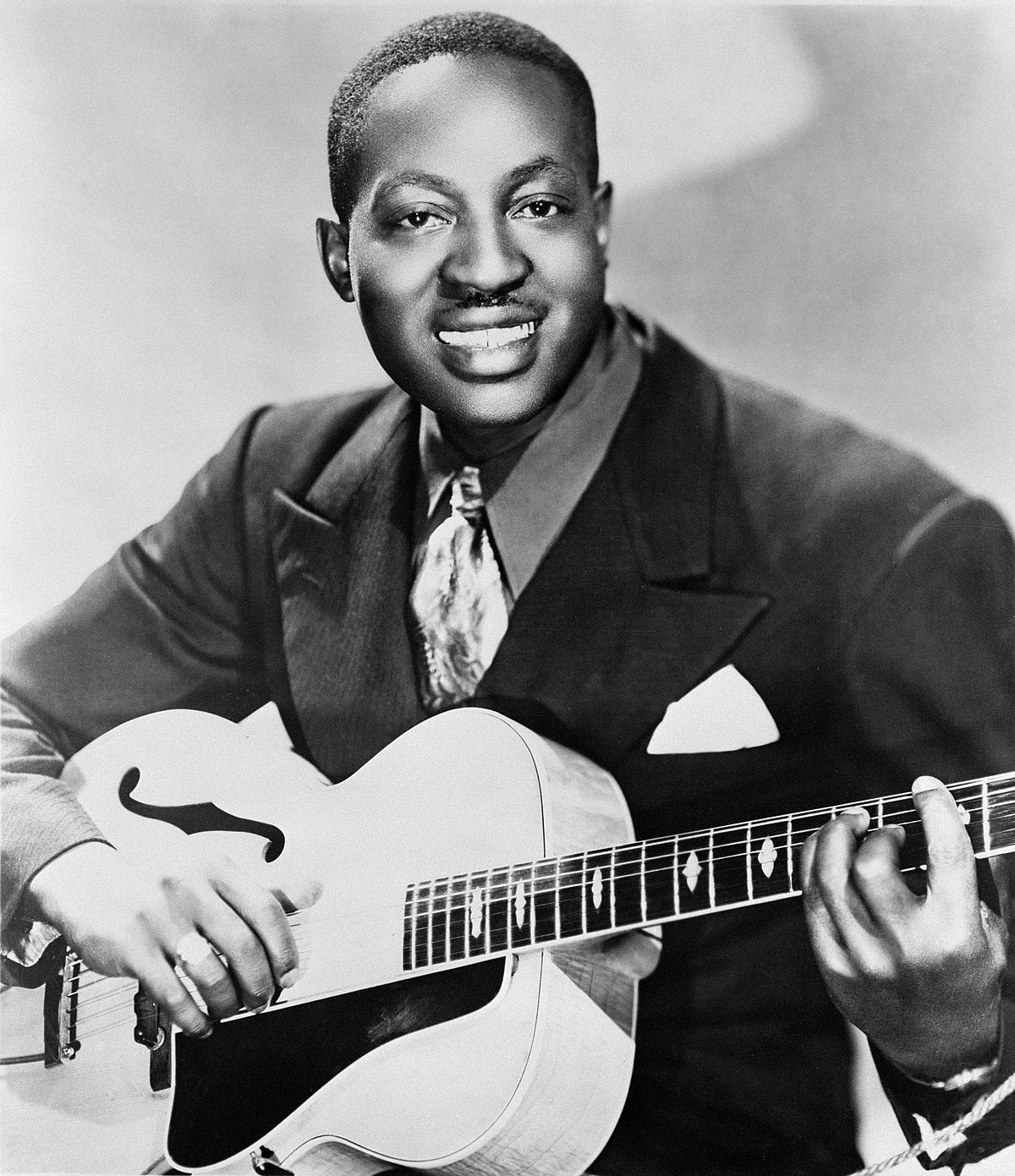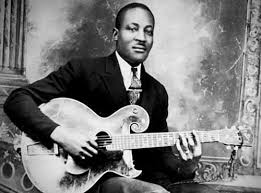1. Big Bill Broonzy Wasn’t His Real Name
While the world knows him as Big Bill Broonzy, the legendary blues musician was born Lee Conley Bradley on June 26, 1893, in Scott, Mississippi. His stage name evolved as he grew in prominence, combining “Big” to reflect his imposing stature and “Broonzy” from his mother’s maiden name. Throughout his career, he maintained a bit of mystery surrounding his birth date and upbringing, adding to his mystique.
2. He Started as a Fiddler, Not a Guitarist
Before becoming a master of the blues guitar, Broonzy initially played the fiddle. In his early years, he performed at local dances and church gatherings. It wasn’t until he moved to Chicago in the 1920s, seeking better opportunities, that he switched to guitar—largely because the guitar was more popular in the urban blues scene. His ability to adapt and excel at a new instrument was a testament to his musical talent.
3. A Bridge Between Country and Urban Blues
Broonzy’s career spanned several musical eras, and he played a crucial role in bridging the gap between rural, country blues and the urban, electrified Chicago blues. Early in his career, Broonzy’s music was rooted in the acoustic, folk-blues traditions of the Mississippi Delta. As he spent more time in Chicago, he began incorporating elements of the emerging urban blues sound, helping lay the foundation for what would become the electrified blues style of legends like Muddy Waters and Howlin’ Wolf.
4. A Pioneering Folk Music Revivalist
While Broonzy is best known as a bluesman, he also became a key figure in the folk music revival of the 1950s. At a time when interest in African American folk music was growing in Europe and the U.S., Broonzy’s acoustic performances captivated new audiences. He traveled extensively in Europe, where his acoustic blues was embraced by folk enthusiasts and music scholars alike. This exposure introduced him to a wider audience and played a role in the global appreciation of traditional blues music.
5. A Legacy Beyond the Blues
Beyond his immense contributions to blues, Broonzy was also a voice for African American struggles. His music frequently touched on the social issues of his time, including racial inequality and the challenges faced by Black Americans in a segregated society. Songs like “Black, Brown, and White” expressed Broonzy’s frustration with racism and his desire for a more just world. His ability to convey powerful social messages through his music ensures that his legacy resonates beyond his instrumental skill and vocal talent.
Big Bill Broonzy remains one of the most influential figures in blues history. From his role in shaping both rural and urban blues styles to his pioneering work in the folk revival, Broonzy’s musical impact continues to inspire generations of musicians and listeners. His timeless sound and powerful messages still ring true today, making him a cornerstone of American music history.


Comments are closed